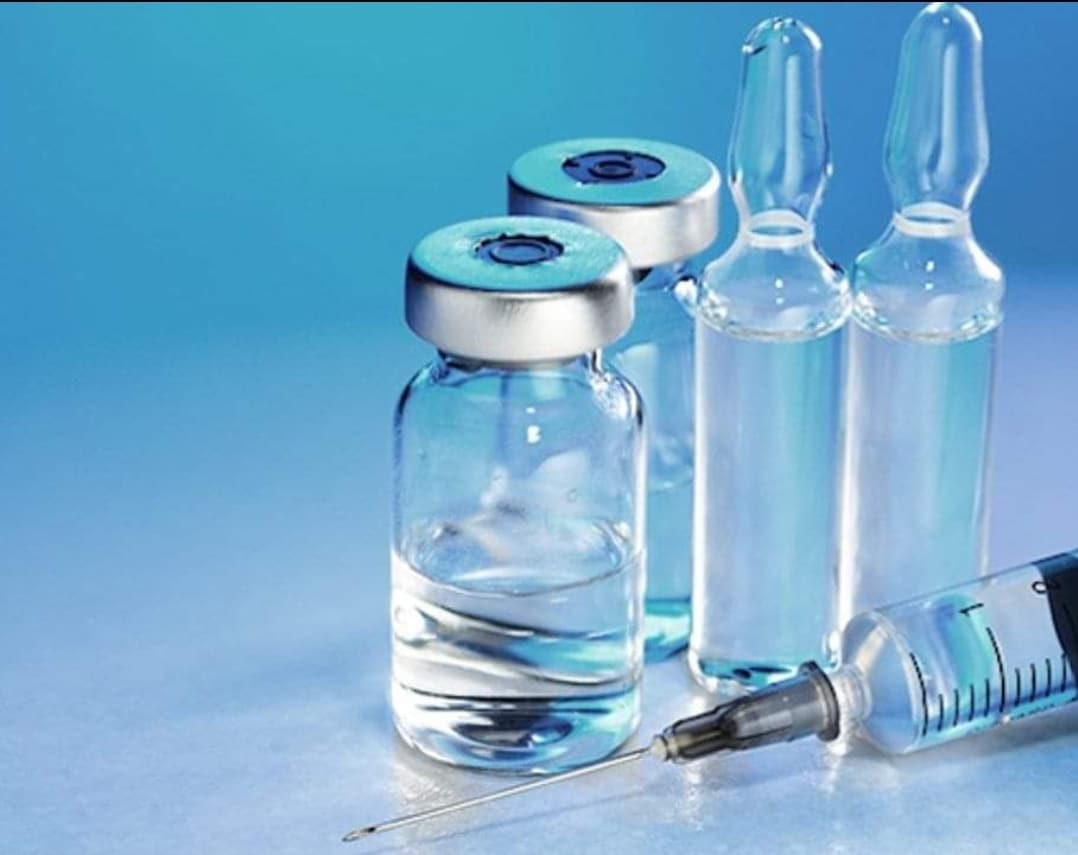USP Cartridge Integrity Testing
The United States Pharmacopeia (USP) cartridge integrity testing is a critical quality assurance procedure used in pharmaceutical development and production. This test ensures that the filtration systems employed during the manufacturing of injectable and parenteral products are functioning correctly, thereby maintaining product purity and sterility.
Cartridge integrity tests are essential for ensuring that there are no leaks or defects in the filter cartridges. These filters play a crucial role in removing particulate matter from solutions before they are administered to patients. The process involves using hydrostatic pressure testing where the cartridge is subjected to a controlled increase in pressure, typically between 50 and 120 psi (pounds per square inch), while monitoring for leaks.
The integrity test must be performed on every filter that will be used in the production of injectable products. This ensures that only reliable filters are put into use, which is vital given the sensitive nature of pharmaceuticals. The testing process helps to identify any potential issues early on, preventing costly and time-consuming rejections downstream.
The test can also help validate the design and performance of new filter systems or changes to existing ones. It ensures that the filtration process meets stringent USP guidelines, which are widely recognized as standards in pharmaceutical manufacturing.
For instance, according to USP Chapter 1207, filters must be capable of retaining all particulate matter down to a certain size. This is particularly important for parenteral products where even tiny particles could pose significant risks if they enter the bloodstream.
The testing process involves several key steps:
- Preparation of the filter cartridge for testing
- Setting up the integrity tester apparatus
- Application of pressure to the cartridge
- Monitoring and recording any changes in pressure or flow rate
The results are then analyzed according to USP specifications. If leaks are detected, it may indicate that there is a defect in the filter membrane which could compromise product quality.
In summary, USP cartridge integrity testing is an indispensable part of ensuring drug safety and efficacy. By performing this test rigorously at every stage of production, manufacturers can maintain compliance with regulatory standards and ensure high-quality products reach patients.
Scope and Methodology
The scope of USP cartridge integrity testing encompasses the evaluation of filters used in various stages of pharmaceutical manufacturing. These include sterilizing filtration, buffer or solvent filtration, as well as formulation and product filtration. The method involves using a hydrostatic pressure tester to apply controlled pressure to the filter cartridges.
When setting up for this test, it's important to choose an appropriate instrument that meets the required specifications outlined in USP Chapter 1207. This typically includes devices capable of generating pressures within the range of 50 to 120 psi. The equipment should also have precise sensors to monitor pressure changes accurately.
The methodology for conducting this test involves several steps:
- Preparation: Ensure that all necessary materials and equipment are ready. This includes having clean, dry filter cartridges, appropriate connectors, and the integrity tester apparatus.
- Assembly: Connect the filter cartridge to the integrity tester according to manufacturer instructions. Make sure there are no leaks or air pockets in the system.
- Pressure Application: Gradually increase the pressure on the filter cartridge until it reaches the specified range. Maintain this pressure for a set period as per USP guidelines.
- Monitoring: Continuously observe the pressure and flow rate readings during the test duration. Any significant drop in these parameters could indicate a leak.
After completing the test, analyze the data collected against established thresholds specified by USP Chapter 1207. Compliance with these standards ensures that the filters are suitable for use in pharmaceutical manufacturing processes.
Benefits
- Enhanced Safety: Ensures that there are no leaks or defects in the filtration systems used, which could otherwise introduce contaminants into the product.
- Increased Efficiency: By identifying problematic filters early on, this testing saves time and resources by avoiding unnecessary reprocessing steps later in production.
- Compliance Assurance: Helps pharmaceutical manufacturers meet stringent USP guidelines, ensuring regulatory compliance and maintaining a strong reputation for quality.
- Patient Protection: By maintaining the integrity of filtration systems, this test contributes to the overall safety and efficacy of injectable products reaching patients.
The implementation of USP cartridge integrity testing thus provides multiple advantages that are crucial in the pharmaceutical industry. It enhances patient safety by ensuring product purity, increases operational efficiency through early detection of issues, ensures compliance with international standards, and ultimately protects public health.
Quality and Reliability Assurance
The quality and reliability assurance aspects of USP cartridge integrity testing are multifaceted. Compliance with USP standards is not only about meeting regulatory requirements but also ensuring that each batch of injectable products meets the highest standards of purity, strength, and potency.
- Consistent Performance: By rigorously testing filters before use, pharmaceutical companies can ensure consistent performance across all batches produced. This consistency is vital for maintaining brand reputation and trust with healthcare providers and patients alike.
- Error Detection: Early detection of any issues in the filtration process through this test allows manufacturers to address them promptly. This reduces the risk of errors that could affect product quality or patient safety.
- Cost Efficiency: While the initial cost of performing these tests may seem high, they ultimately lead to significant savings by preventing costly recalls and rejections later in the production process.
In addition to these tangible benefits, there are also intangible advantages. Maintaining a robust quality assurance program demonstrates a commitment to excellence, which can enhance corporate image and foster better relationships with stakeholders.
The use of USP cartridge integrity testing aligns pharmaceutical companies with global best practices in drug manufacturing. This alignment is increasingly important as the industry faces growing scrutiny from regulators worldwide. By adhering to these standards, manufacturers position themselves favorably for future growth opportunities while safeguarding against potential risks associated with non-compliance.





